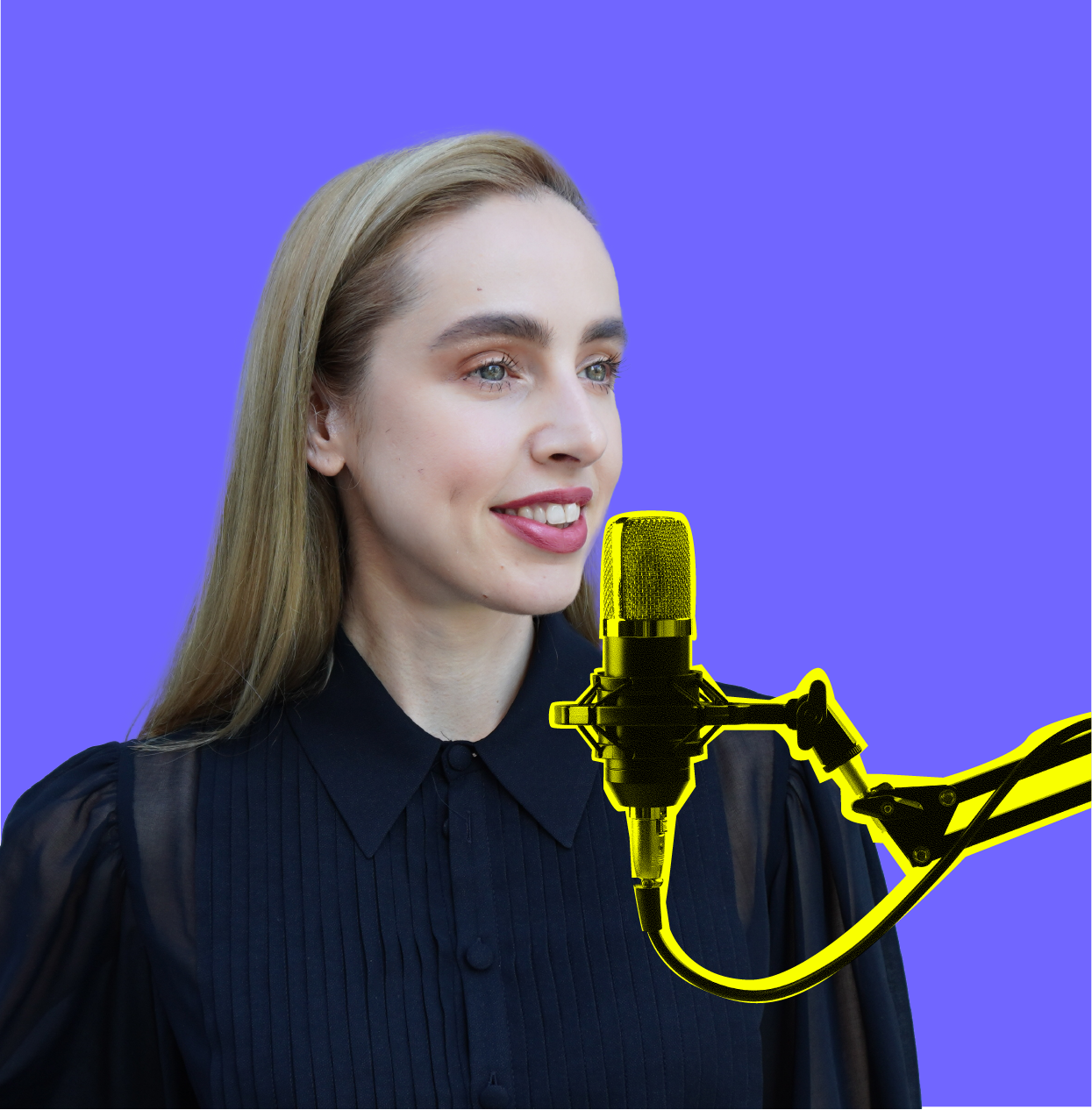9,908 reads
How to Plan your Career Change and become a Product Manager: [My Tips and Tricks for Success]
by
September 8th, 2019
Audio Presented by

Musings on Tech, Product, and Human Tinkering https://polyweb.beehiiv.com/
About Author
Musings on Tech, Product, and Human Tinkering https://polyweb.beehiiv.com/
![featured image - How to Plan your Career Change and become a Product Manager: [My Tips and Tricks for Success]](https://hackernoon.imgix.net/drafts/gxn31us.png?auto=format&fit=max&w=3840)